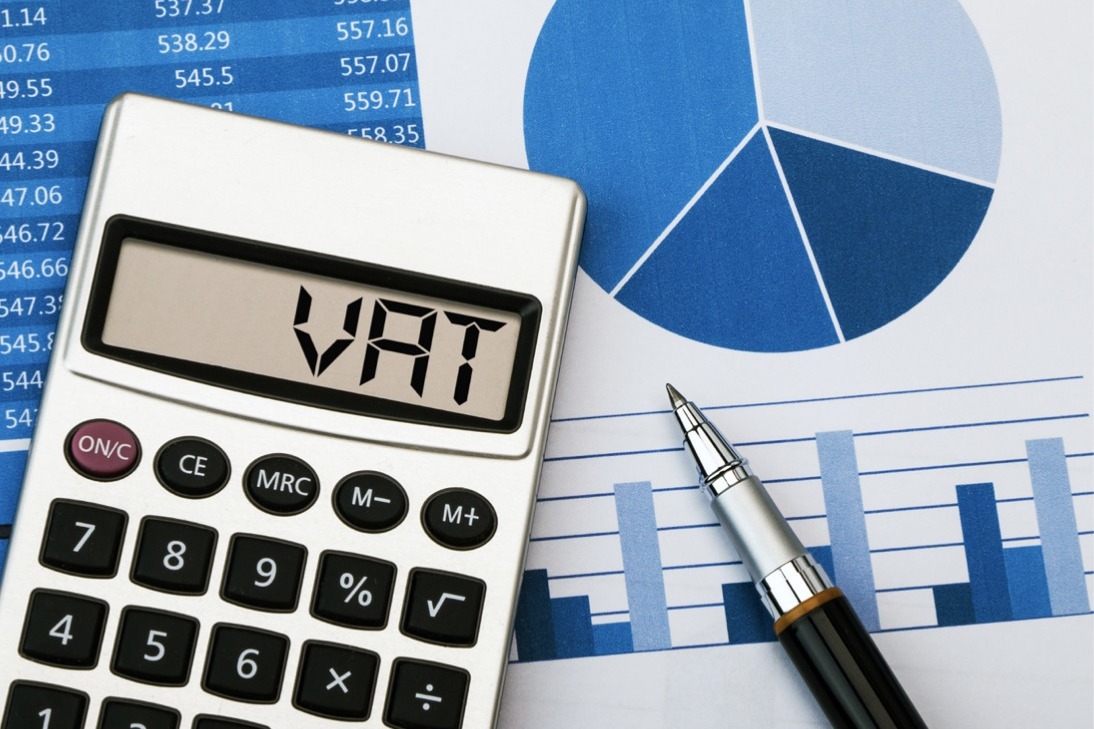Should I register for VAT?
Posted on 23rd October 2023
What is VAT?
VAT, or ‘value-added tax,’ is a consumption tax that largely does what it says on the tin. It refers to a tax placed on a product or service throughout a supply chain whenever value is added to it.
Almost any product or service that a UK business provides can have VAT applied to it. This said, there are a few exceptions, such as antiques, charity events, medical treatment, or any goods and services which are ‘out of scope’ of the VAT tax system.
What are my obligations?
According to UK law, any business with a VAT taxable turnover over £85,000 must register for VAT. This also applies to any business expecting their turnover to exceed £85,000 within 30 days. You must also register for VAT if you and your business are based outside the UK and sell goods or services into the country, regardless of your turnover. Your VAT taxable turnover is comprised of the total value of everything you sell – unless it is VAT exempt!
To register for VAT, please contact us and we would be happy to get this sorted for you.
Once you’re registered, your obligations involve:
Including VAT in the pricing of any goods and services you sell at the appropriate rate (typically 20%)
Recording all the VAT included in your business purchases, including any goods imported into the country
Sending a VAT return to HMRC outlining the VAT you charged and paid over a certain period (normally every 3 months)
Paying HMRC any VAT you owe
Voluntary VAT registration
If your business doesn’t meet the £85,000 threshold, you still have the option to voluntarily register for VAT. The extent to which this can benefit your business, if at all, varies case-by-case.
Advantages
The clearest advantage to voluntarily registering for VAT is being able to reclaim the VAT on most of your business purchases. Voluntarily registered businesses also reap the benefit of being able to backdate their registration by up to four years, enabling them to reclaim VAT on older equipment still in use.
Another positive is the legitimacy that VAT registration can give your business. Customers, investors and the like often see VAT registration as a mark of credibility and success, leading to further growth for your business. Businesses often underestimate how much it can boost their image!
Disadvantages
When contemplating VAT registration, it is essential to reflect on the balance of what your business buys versus what it sells. If your business invoices considerably more than it buys from other businesses, you’re likely to end up with a big bill from HMRC.
It is also important to think about your demographic. Increasing your prices to include VAT (in most cases, by 20%) could risk alienating customers if they begin to feel your goods or services are now overpriced or outside of their budget. In most cases, this rise in price is marginal and relatively inconsequential, but it is vital to keep your customers in mind when making this decision.
Arguably the most common deterrent for VAT registration is the rigorous admin duties it generates. Being required to file your VAT returns every three months renders bookkeeping paramount, especially for VAT invoices. This can be very intimidating for new businesses lacking the experience or staff to manage this workload.
Conclusion
No matter what stage of the VAT process you and your business are at, be it consideration, registration or filing, Abaqus can guide you through it.
Our adaptable and flexible approach is perfectly suited to VAT support and its case-by-case nature.
Whether you need business support services to help with bookkeeping and invoicing or are looking for some accountancy expertise to optimise your business’ use of VAT, we are here to help!
Get in touch and book your free consultation!
Tagged as: Business Support, VAT Registration
Share this post:






